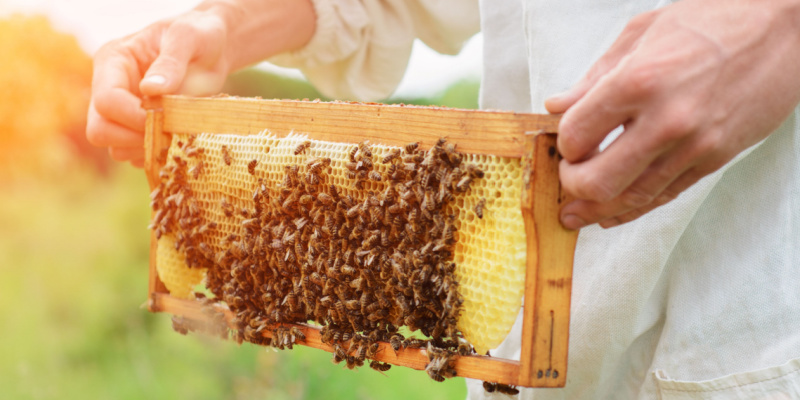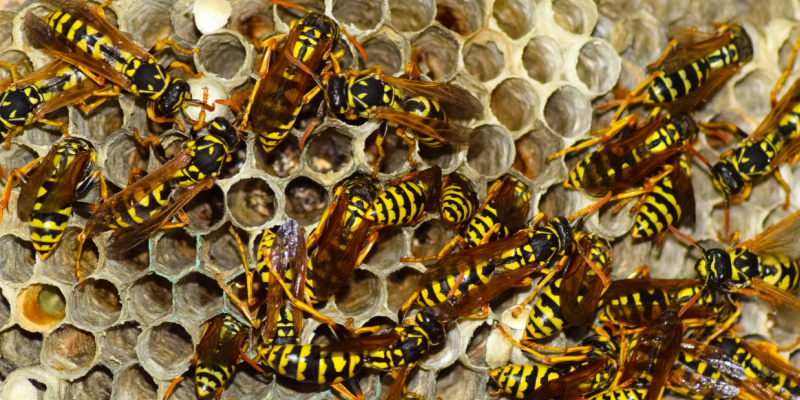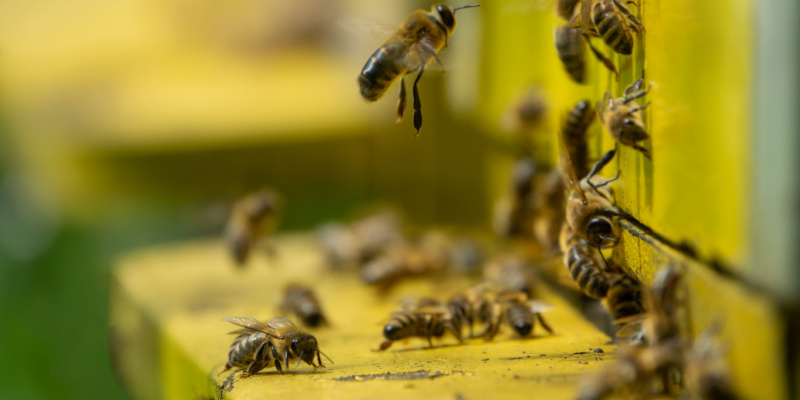Haskell, NJ, is a small town in the northeastern part of the state, known for its beautiful parks and nature preserves. With its proximity to forests and wetlands, it’s natural to wonder if mosquitoes are common in the area. In this blog, we’ll explore the presence of mosquitoes in Haskell and what you can do to protect yourself from their bites.
Will I see many mosquitos near Haskell?
Indeed, mosquitoes are a common sight in New Jersey, particularly during the warm months of the year. These blood-sucking insects thrive in areas with standing water, such as ponds, lakes, and swamps. Near Haskell, there are several bodies of water that could provide breeding grounds for mosquitoes, including the Wanaque Reservoir and the Pequannock River.
The most common mosquitoes found in New Jersey are the Aedes, Culex, and Anopheles mosquitoes. The Aedes mosquitoes are known for transmitting diseases like Zika, dengue, and chikungunya, while the Culex mosquitoes can carry West Nile virus. Anopheles mosquitoes are less common in New Jersey, but they are known to transmit malaria in other parts of the world.
Steps to protect yourself from mosquitos
While mosquitoes are common in Haskell, NJ, there are several steps you can take to protect yourself from their bites. Here are some tips to help you avoid mosquito bites:
- Wear protective clothing: Protective clothing is one of the most effective ways to keep mosquitoes at bay. Long-sleeved shirts, pants, and socks that cover your skin provide an excellent barrier against mosquito bites. Light-colored clothing is also recommended since mosquitoes are more attracted to dark colors. You may also want to consider treating your clothing with insect repellent or purchasing pre-treated items for added protection.
- Use mosquito repellent: Apply mosquito repellent to any exposed skin, and reapply as directed. Look for products that contain DEET, picaridin, or oil of lemon eucalyptus, as these have been shown to be the most effective.
- Avoid peak mosquito hours: Mosquitoes are most active during dawn and dusk, so try to avoid being outdoors during these times.
- Eliminate standing water: Mosquitos breed in stagnant water sources such as bird baths, gutters, flower pots, and even small puddles. By removing these sources of standing water, you can significantly reduce the number of mosquitos in your area. Be sure to check regularly for any areas where standing water may accumulate. If you have a pool or hot tub, make sure it is properly maintained with chlorine or other chemicals to prevent mosquitos from breeding in the water.
- Install screens: Screens are an excellent way to keep mosquitos out of your home while still allowing fresh air in. They come in various sizes and materials, so you must choose the right type for your needs. Some screens even have additional features like UV protection or pet-resistant mesh. When installing screens, it’s essential to ensure they fit tightly against the window or door frame. Any gaps or holes could allow mosquitos to sneak in.
- Use fans: One way to keep mosquitos at bay is to use fans. Fans create a breeze that mosquitoes can’t stand, making it impossible for them to land on you. When using fans, place them strategically in areas where you spend the most time outdoors. This could be near your dining area or lounge chairs. Additionally, make sure the fan is facing toward you, as this will ensure that the breeze blows any mosquitos away from your skin. It’s important to note that fans effectively reduce mosquito bites, but they aren’t 100% foolproof. Mosquitoes are persistent creatures and may still manage to sneak past a fan’s air flow.
- Consider mosquito control services: A reliable mosquito control service provider can inspect your property and provide tailored solutions based on the severity of the infestation. They may use environmentally-friendly treatments or chemical sprays to eliminate mosquitoes from your surroundings completely. Additionally, these services may offer routine inspections and treatments to keep mosquitoes away for good. Professional mosquito control services also consider preventive measures such as removing stagnant water sources where mosquitoes breed, trimming tall grass, and making sure screens on windows and doors aren’t damaged.
In conclusion, mosquito infestations are a common problem in the Haskell, NJ, area. Mosquitoes can cause serious health issues and damage to your property if left unchecked. Abarb Pest Services is the ideal choice for anyone who wants to tackle their mosquito problem quickly and effectively. With their experience and expertise, you can be sure that your mosquito problem will be eliminated quickly and efficiently. Therefore, if you require pest control services, don’t hesitate to contact Abarb Pest Services today.



